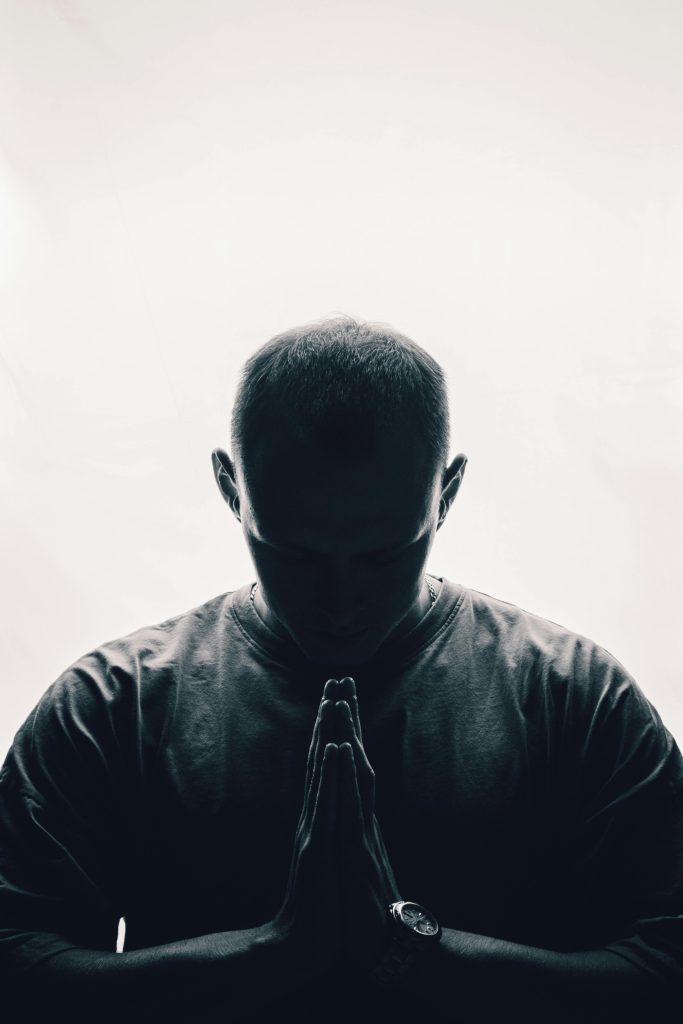TEACHER TALKS
Bowing to the Harm Doer
Roshi Jundo Cohen
Sometimes I am asked why, in some of our ceremonies such as Jukai (Undertaking the Precepts) we bow to our parents even if, in some tragic cases, those parents may have been absent or even abusive. I always respond that I would never require anyone to do so, but there is a reason that we may do so anyway.
In such bowing, we do not honor the cruel person as the cruel person, nor celebrate the cruelty. Rather, we bow toward all suffering sentient beings, both victims and harm doers of this world, and to both the beauty and suffering of this world.
Why?
Sometimes we need to bow, not to honor the cruel person as the cruel person, but to honor and acknowledge the pain, the poisons of anger, violence and the like, recognizing the scars. In Buddhism, we tend to say that there are no “bad people,” but only sentient beings who act with cruelty and evil because they are haunted and poisoned themselves. The real “harm doers” are the poisons of greed, anger and ignorance that pollutes them. Those poisons are what caused the parent to act so, and that somewhere beneath the ugliness there is Buddha Nature buried. That does not mean that we embrace the harm doer, stay near, tolerate their actions, but we see the true root of suffering in this world.

It is not saying that it was/is okay, but accepts “what is,” a kind of cosmic “So It Is” even as we must and should take action. Suffering being or not, the harm doer must be stopped in their doing of harm to others, which may involve calling the police, moving away, seeking counseling and getting to safety.
We have the power to “let go,” to let the past be the past, to forgive, and otherwise do release ourselves from being prisoners of the pain by changing our own thinking. We practice such acceptance and allowing in the radical flowing and equanimity of our Zazen. Nevertheless, we bow because we recognize that the scars and pain we live with are real too. We bow to the scars that are the natural pain and even traces of resentment that may be in our hearts as victims, for we are human beings with human emotions, not made of stone. We cry, we remember, we mourn.
We have the power to “let go,” to let the past be the past, to forgive, and otherwise do release ourselves from being prisoners of the pain by changing our own thinking. We practice such acceptance and allowing in the radical flowing and equanimity of our Zazen. Nevertheless, we bow because we recognize that the scars and pain we live with are real too. We bow to the scars that are the natural pain and traces of resentment that may be in our hearts as victims, for we are human beings with human emotions, not made of stone. We cry, we remember, we regret, we moan, we mourn.
It is something like bowing to a river that has flooded and swept away our house. We try to prevent such floods, get to safety when they happen, bow to the ruins of our house, shed a tear over any lives lost, then dry off and rebuild (hopefully on higher ground) to start anew, healing while bowing to what was lost and the scars that remain. May we live in a world where all are safe. We honor the great river of events, and the clear water, even as we honor the pain and move forward.